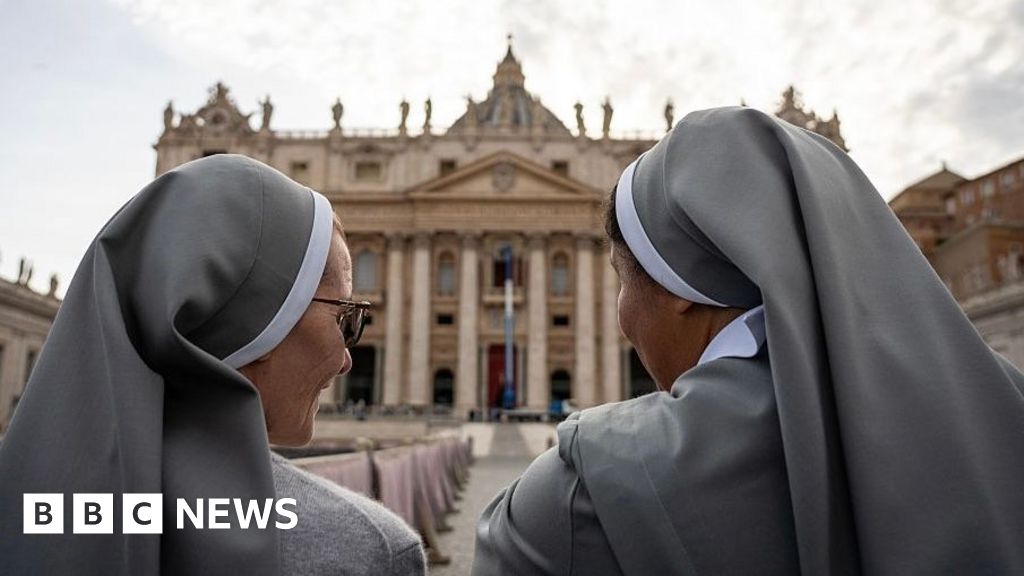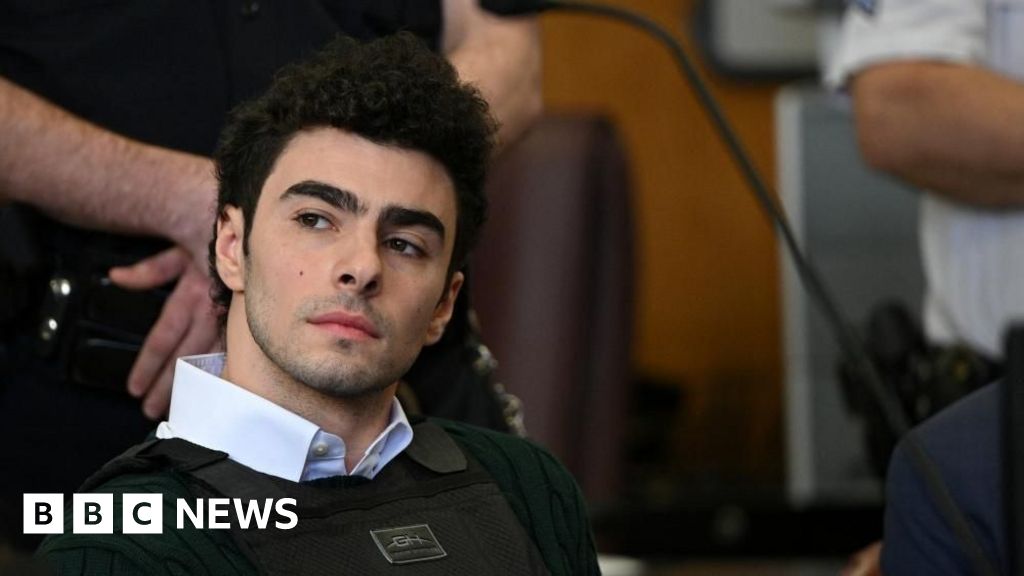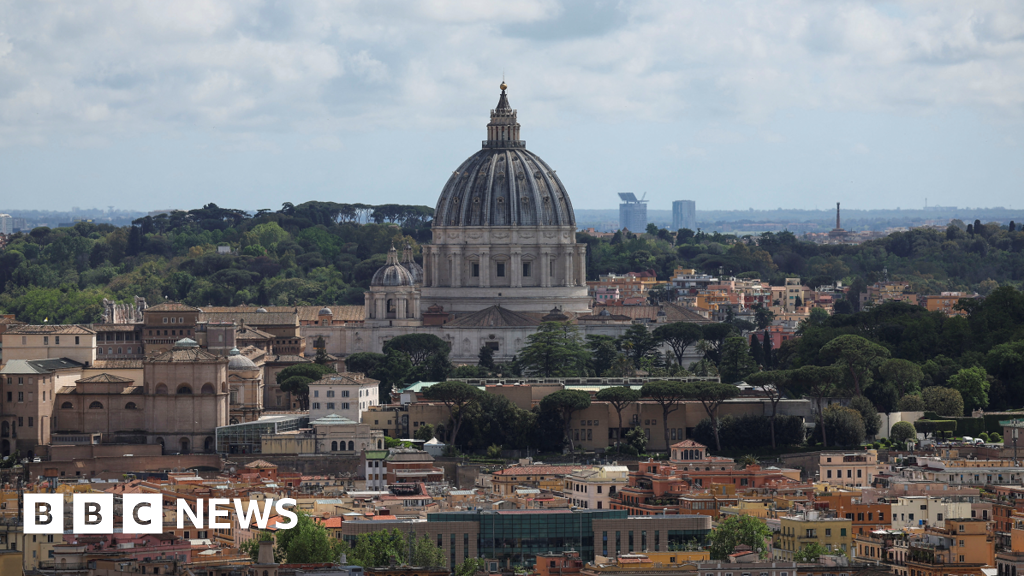ARTICLE AD BOX
Image source, Getty Images
More countries are tightening their travel restrictions after the discovery of a new coronavirus variant in South Africa earlier this week.
The UK, Singapore and Japan are among those rushing in stricter quarantine measures and banning flights from South Africa and neighbouring countries.
The EU is proposing to ban flights from the region across the whole bloc.
Scientists still have much to learn about the variant, but there are concerns it may be the worst yet.
It is still so new to scientists, they are yet to give it a more memorable name, like Delta or Beta. Right now, it is known as B.1.1.529, but the World Health Organization (WHO) is expected to name it on Friday.
It is very different to the other variants discovered so far, and is the most heavily mutated version, which means vaccines, which were designed using the original strain from Wuhan, may not be as effective.
Where have cases been detected so far?
The WHO says so far under 100 samples have been sequenced. Cases have mainly been confirmed in South Africa, but have also been detected in Hong Kong, Israel and Botswana.
Only about 24% of South Africa's population is fully vaccinated, which could see a rapid spread of cases there, Dr Mike Tildesley, a member of the Scientific Pandemic Influenza Modelling group (Spi-M) told the BBC on Friday.
Israel's PM Naftali Bennett said on Friday it is "on the verge of a state of emergency" regarding the new variant, and that he would "act fast, strong and now".
One case was detected in a person who returned from Malawi, according to Israeli media reports quoting the country's health ministry. Another two suspected infections were yet to be confirmed with test results. All three are said to have been fully vaccinated.
What are different countries doing to stop the spread?
The UK and the Netherlands have halted flights from these southern African nations:
- South Africa
- Botswana
- Namibia
- Zimbabwe
- Eswatini (formerly Swaziland)
- Lesotho
Singapore, Italy and Israel have placed all of those nations, plus Mozambique on their red list.
The Head of the European Commission, Ursula von der Leyen, is proposing the whole of the EU put on the "emergency brake" and stop flights from the region.
The @EU_Commission will propose, in close coordination with Member States, to activate the emergency brake to stop air travel from the southern African region due to the variant of concern B.1.1.529.
— Ursula von der Leyen (@vonderleyen) November 26, 2021The BBC is not responsible for the content of external sites.View original tweet on Twitter
The Czech Republic will ban anyone has has spent more than 12 hours in those nations from entering as of Saturday.
Germany, which is currently going through a fourth wave of infections because of the Delta variant, will allow only Germans to fly into Germany from South Africa as of Friday night, a health ministry source quoted by Reuters news agency said. Even if travellers are fully vaccinated, they will still have to spend 14 days in quarantine.
Why do new variants of Covid-19 keep appearing? BBC's health reporter Laura Foster explains
Reaction from South Africa
South Africa's foreign ministry criticised the UK - which was one of the first nations to impose a flight ban - for what it called the "rushed decision".
"Whilst South Africa respects the right of all countries to take the necessary precautionary measures to protect their citizens, the UK's decision to temporarily ban South Africans from entering the UK seems to have been rushed as even the WHO is yet to advise on the next steps," it said in a statement.
The head of the agency leading Africa's response to the coronavirus pandemic says imposing restrictions such as banning flights is unlikely to reduce the spread of the new variant.
"The restrictions imposed always make it difficult to co-ordinate a response," Dr John Nkengasong, director of the Africa Centres for Disease Control and Prevention, told BBC Newsday.
"It doesn't help... it has never helped reduce the spread of any variant across the world," he said.

 3 years ago
134
3 years ago
134








 English (US) ·
English (US) ·